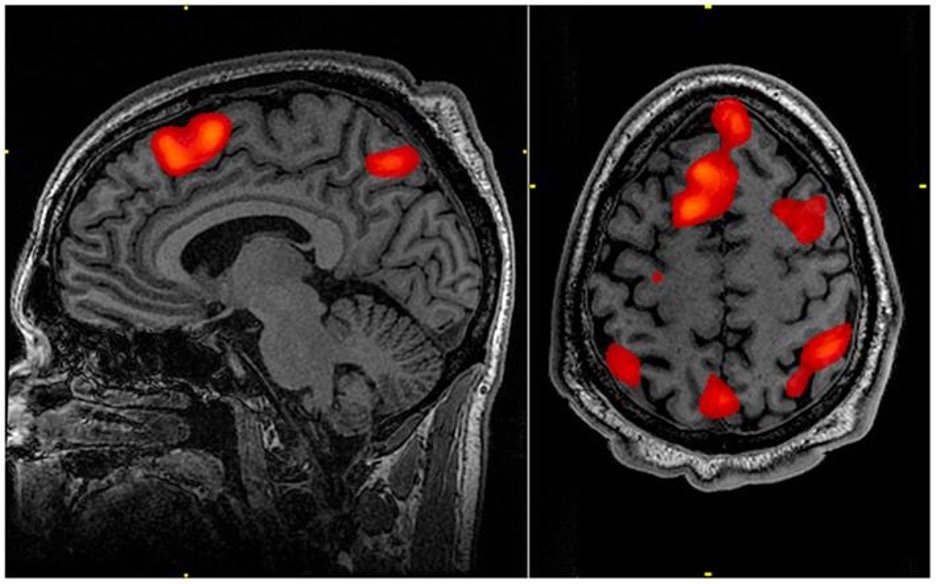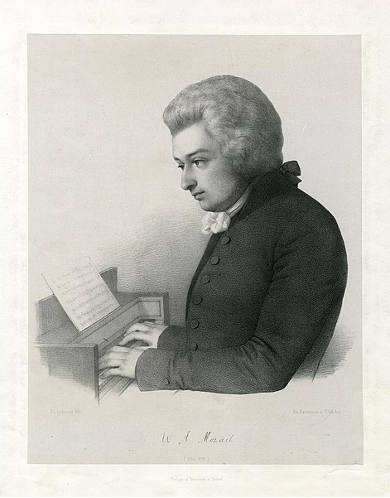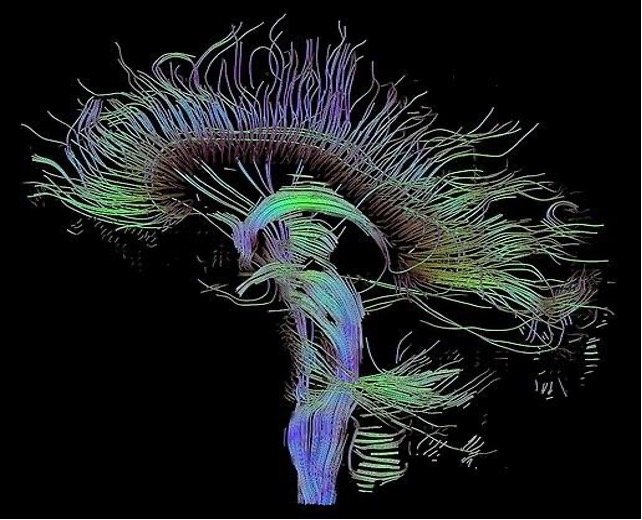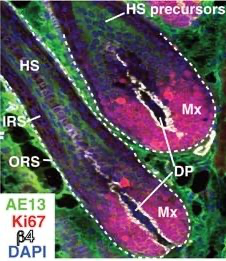
Alzheimer’s Disease: Molecular Mechanisms, Clinical Manifestations, and Treatments
Alzheimer’s disease is a neurodegenerative disorder which leads to memory loss, impairments in judgement, and cognitive function, as well as changes in mood and behavior. Aggregation of the proteins amyloid beta and tau have been consistently linked to Alzheimer’s disease, but the exact molecular pathology of this disorder remains elusive. Treatments have been developed to improve cognitive and behavioral symptoms, but a cure has yet to be discovered.

The Intersection of Eating and Memory Consolidation
Scientific discoveries relating feeding behavior and memory have created a vast web of connections from biological orexigenic and satiety signals to the complexity that is long-term potentiation and the ‘food coma’ you experience after eating a particularly large meal. The systems that control eating and memory intertwine and reveal to us the intricate processes that so delicately maintain homeostasis within our body and brain.

The Impact of Mozart’s Music on Epileptic Patients
Researchers have conducted a systematic review of works related to the effect of Mozart’s music on epilepsy. Based on the review, the researchers found music therapy to be a legitimate non-invasive approach that could serve as a complementary form of treatment for epilepsy and epileptiform discharges.

Depression: The Journey to Happiness
Recent research about happiness and depression has enabled scientists to find several new ways to combat depression and experience greater levels of happiness.

The Chilling Reason For Goosebumps
Everyone has experienced goosebumps at some point in their lives. The peculiar reaction (scientifically called ‘piloerection’) in animals with thick fur protects them from the cold. Humans, however, have evolved to have relatively little body hair, so piloerection is not enough to retain warmth. What, then, is the purpose of goosebumps?